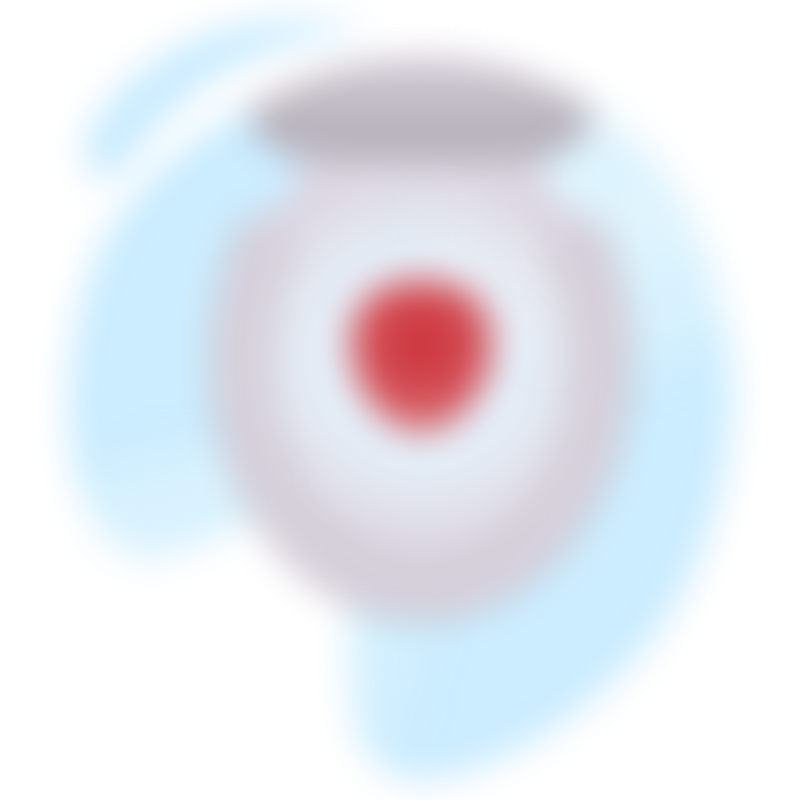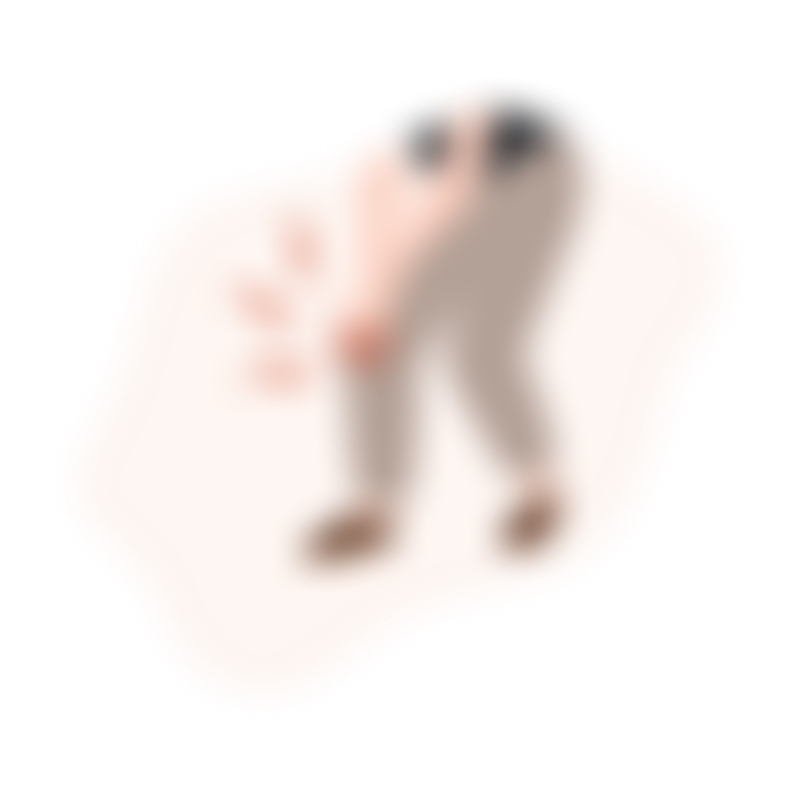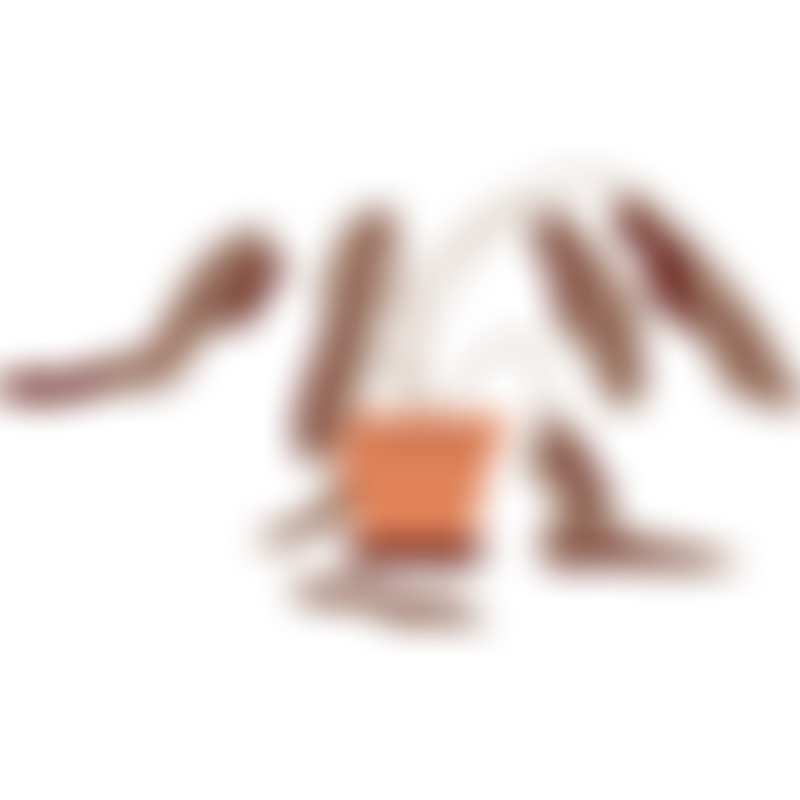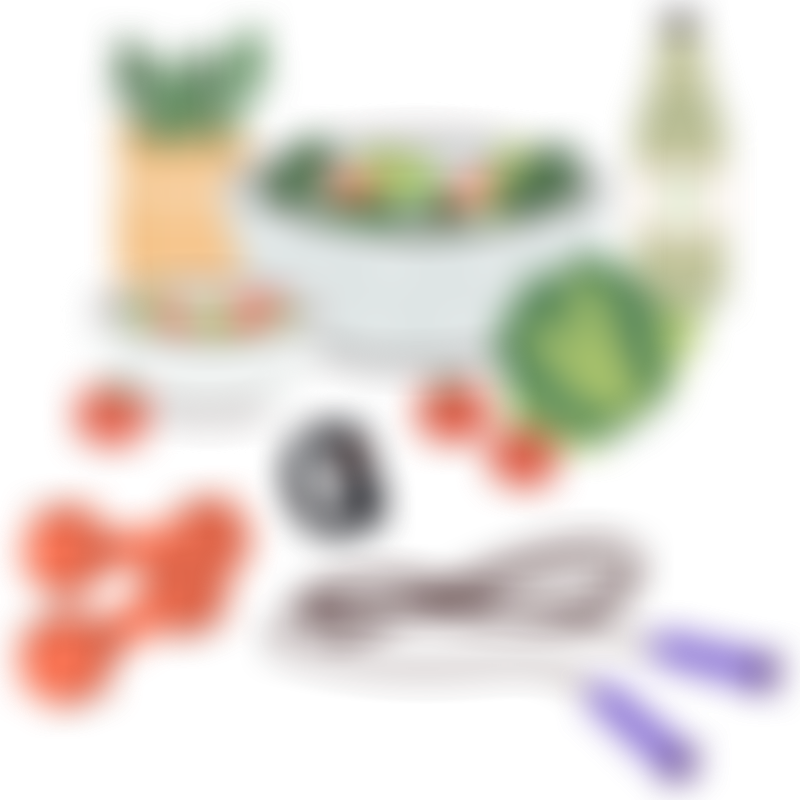

I’m David, a retiree from Canada. I learned I had prostate cancer in September 2020 and underwent surgery, radiotherapy and hormone therapy as part of treatment. Though I’ve been cancer-free as of 2022, I wish I’d known about the side effects of androgen deprivation therapy (ADT).

After seeing blood in my urine, I decided to get medical attention that same day. This led to the eventual diagnosis of stage 2 prostate cancer.

When I found out I had cancer, I was full of anger, fear and sadness. My GP had refused to do PSA tests despite a long family history. My brother had prostate cancer too.
When diagnosis started, my PSA was twenty. It took a year to find the tumor and by then the PSA was 25 and increasing.

With my treatment costs covered by insurance, I was recommended by my doctor the following treatment options:
- Radical prostatectomy (removal of entire prostate)
- Lymphadenectomy (removal of lymph nodes)
- Radiation therapy
- Hormone therapy
First was robotic surgery. But that was unsuccessful and my PSA was 4 six weeks after surgery. About three months later I started on bicalutamide to reduce testosterone flare. About two weeks later I started Eligard and radiation treatment. Bicalutamide ended after one month. Radiation was 66 Greys over 33 days and Eligard injections were every three months for two years. I was declared cancer-free in March 2022.
Initially, I did not want radiation treatment and wanted to avoid ADT. I was angry because I felt that if my general practitioner (GP) had been more competent the cancer would have been detected much earlier and I never would have been subjected to the horrible side effects of ADT.

While I did experience some fatigue and lymphedema, I was most affected by joint pain and chronic severe knee pain resulting from hormone therapy. I could barely walk some days. Also, I was tired most of the time and taking lots of naps.
To manage these side effects, I exercised more often and improved my nutrition. I also relied on support groups, peer mentor, and PC PEP*.
* Prostate Cancer Patient Empowerment Program (PC PEP) is a six-month home-based mind-body program developed in Canada to improve the physical and mental health and quality of life of people diagnosed with prostate cancer.

While I was not advised about my alcohol intake and exercise frequency, my doctor did recommend me medical advice on my nutrition and diet and I was very compliant. I stopped eating dairy, red meat, processed meat, sugary foods and drinks and minimized carbs while increasing consumption of nuts, fruits, vegetables, and fish. There was minimal impact on my daily life and I didn’t face any challenges in my personal life.
But I wish I’d known about all the side effects of ADT - developing lymphedema, high triglycerides, high cholesterol, anemia, high blood pressure, emotional lability, loss of spatial cognition, etc. It takes a long time to recover from the side effects.
I have the following plans for the next 2 years:
- improve physical fitness
- lose weight
- do some travel
- do volunteer work
- ride my bike
- go sailing, hiking and kayaking
- renovate house

I found Wellspring*, PC PEP, and support groups to be particularly helpful during my cancer journey.
* Wellspring Cancer Support Foundation is a Canada-wide network of charities, offering programs and services, at no charge and without referral, to anyone, with any type of cancer, at any stage in their journey.

I was diagnosed with cancer on my first day of retirement.

The most challenging part of being a cancer survivor? Being asked about my “journey”. Nobody asked the survivors of a shipwreck or a plane crash to talk about their journey.

Dying a slow painful death due to bone metastasis is what I fear the most. I still have this fear. I just ignore it as best I can and do what I can to minimize a recurrence through diet, exercise and social engagement.

Now, I am angry because I had to go through surgery, radiation and two years of ADT which was hell on earth. Had the cancer been detected earlier it most likely would have been resolved with surgery and the likelihood of recurrence would be 1% and not 30%. I am deliberately guardedly optimistic to avoid depression.

In terms of practical advice, do both aerobic and resistance training twice a week, switch to a plant based diet, don’t drink alcohol, start a gratitude journal, join a support group, find a peer navigator and take courses at Wellspring.
It can be very tough, painful and depressing but today cancer treatment is the best it has ever been. What you read online is based on research that is more than ten years old and we are only starting to see the results of the recent improvements in treatment. To illustrate this point I identified over 35 people I know who were treated for cancer. All but two remained cancer free for ten years or more. Today the likelihood of being cured of cancer is the best it has ever been. Vaccines for cancer are being developed and some are entering human trials now. Many scientists predict there will be cancer vaccines by 2030. Things will only get better.
This patient's story is published and shared with their full consent. Any personal data that can be used to identify the patient has been omitted.
Click here for more information.